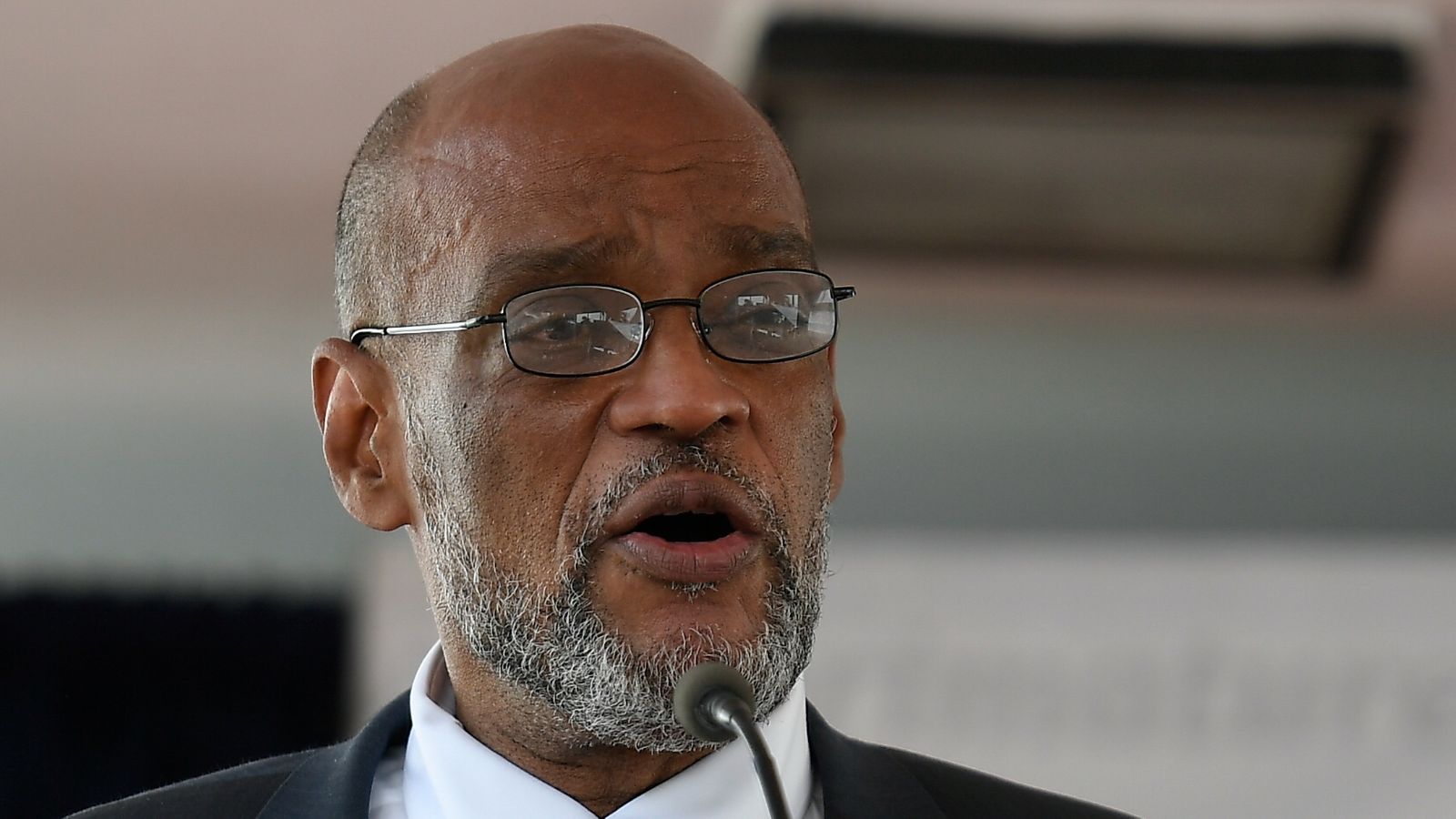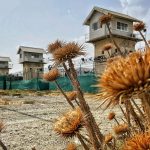Haiti’s chief prosecutor has asked a judge to charge the country’s prime minister over the assassination of the president.
President Jovenel Moise was shot dead by assassins who stormed his home in the capital Port-au-Prince on the night of 7 July.
The killing plunged the impoverished Caribbean country deeper into turmoil and a political vacuum.
In a letter to Judge Garry Orelien, Port-au-Prince prosecutor Bed-Ford Claude asked for Prime Minister Ariel Henry to be indicted over the assassination.
Mr Claude also wrote a request to migration services to bar him from leaving the country.
The order was filed on the same day he requested Mr Henry to meet him and explain why a key suspect in the killing called him twice just hours after the killing.
Haiti earthquake: Gang leader offers truce to help relief efforts as death toll passes 2,200
Haiti earthquake deaths surpass 2,000 as tensions grow over slow pace of aid
Haiti earthquake deaths rise to 1,419 as tropical storm brings threat of mudslides and flash flooding
In the two-page document, Mr Claude said phone records showed two calls between the prime minister and Joseph Badio at 4.03am and 4.20am.
The calls lasted a total of seven minutes and that Mr Henry was at the Hotel Montana in Port-au-Prince at that time whereas evidence shows Badio was in the vicinity of Mr Moise’s home, Mr Claude wrote.
“There are enough compromising elements… to prosecute Henry and ask for his outright indictment,” he added.
Please use Chrome browser for a more accessible video player
Badio, who had worked for Haiti’s anti-corruption unit, was sacked in May amid accusations of violating unspecified ethical rules.
Haiti’s Office of Citizen Protection demanded on Saturday that Mr Henry step down and hand himself over to the justice system.
But the prime minister dismissed the allegations against him, writing on Twitter that “no distractions, no summonses or invitations, no manoeuvres, no threats, no rear-guard combat” would distract him from his work.
Chenald Augustin, who works in the prime minister’s communications office, said it did not have an immediate comment.
Mr Moise, a 53-year old former provincial businessman, had been governing by decree for more than a year after Haiti failed to hold elections amid a political gridlock. He had faced many calls to step down.
Decades of political instability as well as natural catastrophes have hindered Haiti’s development and led to acute food insecurity, widespread gang crime and an aid-dependent economy.






















